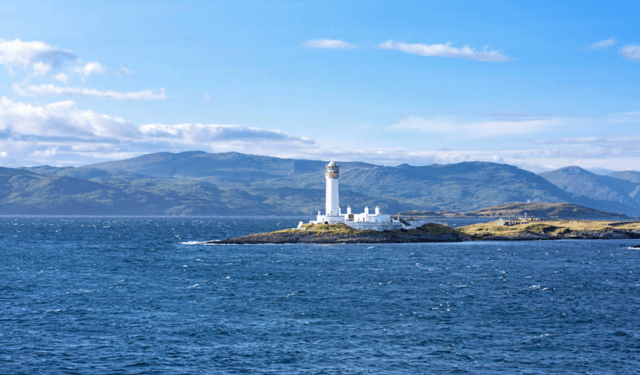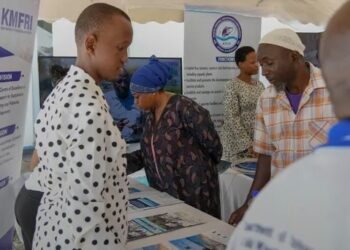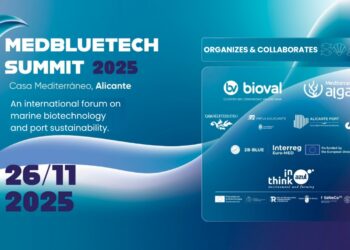Tourism and aquaculture for an integrated development model – In coastal regions, tourism and aquaculture represent two fundamental economic pillars. However, these sectors often compete for the same resources, sparking debates on how to balance economic growth and environmental sustainability. But what if these two worlds, instead of clashing, allied to create an integrated, win-win development model?
The example of Oban: a possible synergy
In the heart of western Scotland, the coastal town of Oban is proving that tourism and aquaculture can not only co-exist, but even reinforce each other. Its waters are home to salmon, mussels, oysters and seaweed farms, all key resources for the local economy. Meanwhile, the same waters are a destination for marine tours that attract thousands of visitors interested in the wildlife and natural beauty of the area.
The integration of fish farms and tourism is no coincidence: fish farmers have realised that offering hands-on experiences related to fish production can transform the perception of aquaculture, making it an integral part of the local landscape and economy. Guided tours of farming sites, for example, not only educate visitors on sustainable practices, but also encourage the consumption of local fish products, strengthening the bond between communities, fishermen and tourists.
Experiential tourism and conscious consumption
A recent study, ‘Mariculture in natural environments: tourists’ attitudes towards aquaculture during marine tours in Oban, Scotland‘, revealed that direct exposure to aquaculture improves consumers’ perceptions of farmed fish. Among the tourists who visited the farms in Oban, those who were initially sceptical about the quality of farmed fish changed their opinion after learning about the sustainable methods used. The result? A significant increase in the propensity to buy local fish.
Companies in the sector have seized this opportunity by creating tour packages that combine boat trips with visits to fish farms, fresh fish tastings and meetings with farmers. This approach offers many advantages: it increases the added value of the fish product, reduces consumer mistrust and generates new revenue for both the tourism industry and aquaculture.
A replicable model for the Mediterranean
Oban’s experience suggests that Mediterranean coastal communities could also benefit from a closer integration of tourism and aquaculture. In Italy, for example, fish tourism has already proven to be a success, with tourists increasingly attracted by authentic sea-related experiences. Extending this model to fish farms could open up new business opportunities, enhancing local species and promoting sustainable practices.
In Greece, some aquaculture companies collaborate with dive centres to offer visitors the chance to swim among bream and bass farms, turning a production facility into a tourist attraction. These kinds of initiatives not only raise environmental awareness, but also contribute to a more resilient and diversified economic model.
Despite its many advantages, the integration of tourism and aquaculture presents some challenges. Competition for coastal space, the visual impact of farming and environmental concerns remain sensitive issues. However, innovative solutions such as the adoption of less invasive structures and the use of eco-friendly farming practices can mitigate these problems, turning fish farms into real points of interest for visitors.
Working together, tourism operators and fish farmers can create educational and engaging experiences, making farmed fish not only an economic resource, but also a key element in the enhancement of the area. With careful planning and open dialogue between the parties, the future of aquaculture and coastal tourism could be more connected than we imagine.
Oban’s experience shows that aquaculture should not be seen as an obstacle to tourism, but as an opportunity to enrich the tourism offer and promote greater sustainability. The Mediterranean could be the next to follow this path, transforming its fish farms into valuable destinations, capable of combining economic growth, environmental conservation and local culture.
Tourism and aquaculture for an integrated development model







